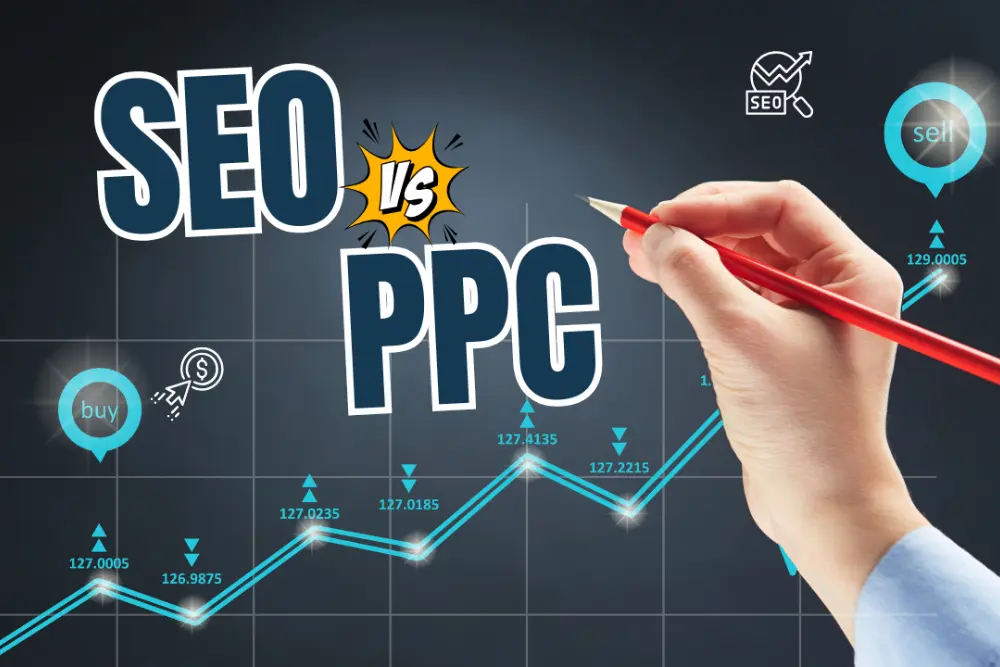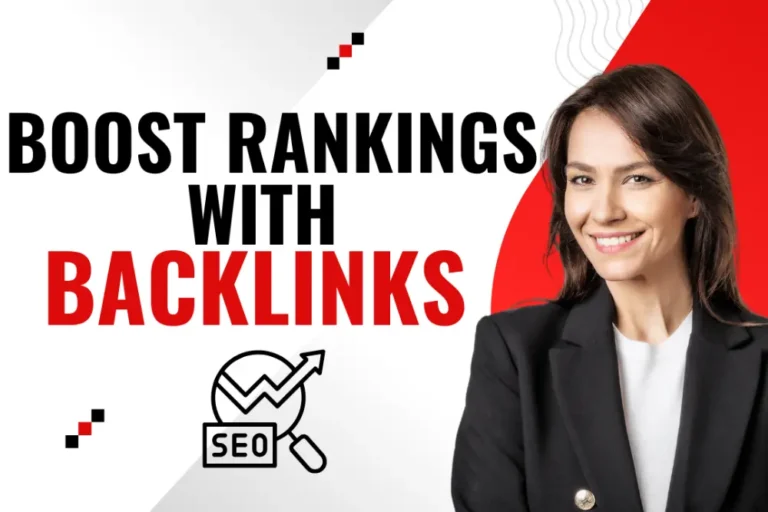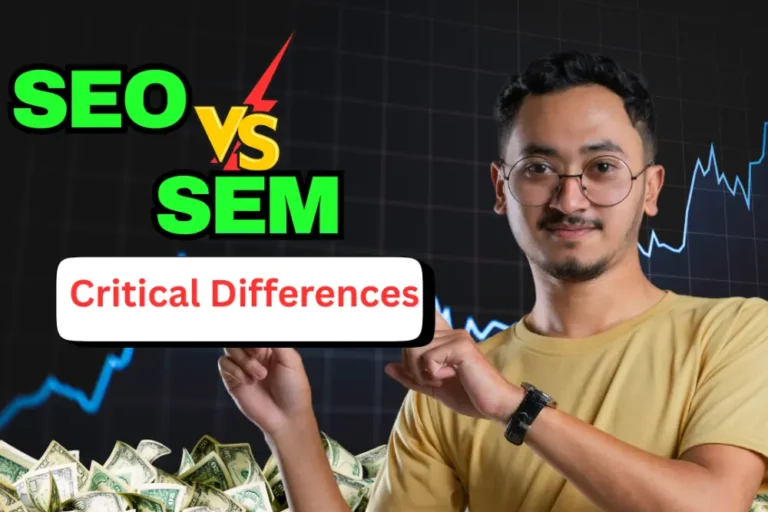SEO vs PPC: Which Delivers Better Long-Term ROI?
In the dynamic realm of digital marketing, the battle between SEO vs. PPC is an ever-present debate. Navigating the intricacies of Search Engine Optimization (SEO) and Pay-Per-Click (PPC) advertising is crucial for businesses aiming to maximize their online presence.
In this article, we dissect the strengths and nuances of each strategy, shedding light on when to deploy SEO tactics for sustainable growth and when to harness the immediate impact of PPC. Join us as we unravel the intricacies of this digital duel and guide you toward informed marketing decisions.
SEO Focus: Organic Visibility
Organic visibility in SEO refers to the practice of optimizing a website to rank higher in search engine results pages (SERPs) through non-paid methods. This involves creating high-quality, relevant content, optimizing on-page elements, building backlinks, and improving user experience. By focusing on organic visibility, businesses can increase their online presence and attract more targeted traffic without relying solely on paid advertising.
PPC Emphasis: Instant Results Through Paid Advertising
PPC (Pay-Per-Click) emphasis refers to the focus on achieving instant results through paid advertising. This marketing approach involves placing ads on search engines and websites, and advertisers pay a fee each time their ad is clicked.
The emphasis on PPC is driven by the desire for immediate visibility and results, making it an effective strategy for businesses looking to quickly increase website traffic and conversions.
Instant Results Through Paid Advertising
The primary advantage of PPC emphasis is the ability to generate instant results. Unlike organic search engine optimization (SEO), which can take time to yield significant traffic and results, PPC advertising ensures immediate visibility for businesses.
By bidding on relevant keywords and targeting specific demographics, businesses can quickly reach their target audience and drive traffic to their websites. This immediacy makes PPC emphasis a valuable tool for promoting new products, seasonal offers, or time-sensitive promotions.
Targeted Reach and Control
PPC emphasis also provides businesses with precise control over their advertising efforts. Advertisers can target specific geographic locations, demographics, devices, and even the time of day when their ads are displayed.
This level of targeting ensures that ad spend is focused on reaching the most relevant audience, maximizing the potential for conversions. Additionally, PPC platforms offer detailed analytics and performance metrics, allowing advertisers to continually optimize their campaigns for maximum effectiveness.
Cost-Effective Marketing
While PPC advertising requires an investment, it can be a cost-effective marketing strategy when managed efficiently. Advertisers have the flexibility to set daily or campaign budgets, ensuring that they remain in control of their advertising costs.
Furthermore, the pay-per-click model means that businesses only incur costs when users engage with their ads, making it a measurable and accountable form of marketing.
Adaptable and Scalable
Another key aspect of PPC emphasis is its adaptability and scalability. Advertisers can quickly adjust their ad copy, targeting parameters, and bidding strategies based on real-time performance data.
This agility allows businesses to respond rapidly to market changes, consumer behavior, and competitive dynamics. Moreover, as businesses experience success with PPC campaigns, they can scale up their advertising efforts to capture larger market share and drive sustained growth.
SEO Long-Term Strategy: Sustainable Growth
A sustainable long-term SEO strategy focuses on creating high-quality, relevant content that provides value to users. This involves conducting thorough keyword research, optimizing website structure and performance, building authoritative backlinks, and regularly updating and promoting content.
Additionally, staying updated with search engine algorithm changes and adapting strategies accordingly is crucial for sustainable growth. By prioritizing user experience and consistently delivering valuable content, businesses can establish a strong online presence and achieve sustainable growth in organic search traffic over time.
PPC Immediate Impact: Quick Visibility With Ad Spend
PPC (Pay-Per-Click) advertising offers immediate impact and quick visibility for businesses willing to invest in ad spend. Unlike organic search strategies, PPC allows businesses to appear at the top of search engine results pages almost instantly, driving targeted traffic to their websites.
By bidding on relevant keywords and crafting compelling ad copy, businesses can ensure that their ads are displayed to users actively searching for their products or services.
This immediate visibility can lead to increased website traffic, brand exposure, and potential conversions, making PPC an effective strategy for businesses looking to quickly boost their online presence and reach their target audience.
SEO Vs PPC Budgeting: Organic Investment Vs. Paid Advertising Costs
When considering SEO cost versus PPC budgeting, it’s important to understand the differences between organic investment in search engine optimization and the costs associated with paid advertising through pay-per-click campaigns. SEO involves upfront costs for website optimization, content creation, and ongoing maintenance, but the long-term benefits include sustainable organic traffic and higher ROI over time.
On the other hand, PPC requires a budget for ad placements and clicks, providing immediate visibility but with ongoing costs for each click. The decision between the two depends on specific business goals, timelines, and budget allocation.
Conclusion
In the arena of digital marketing, the clash between SEO and PPC reveals a nuanced landscape where each strategy plays a distinct role. While SEO establishes a foundation for sustainable growth and organic visibility, PPC emerges as a powerful tool for immediate impact through paid advertising.
The choice between SEO vs. PPC ultimately hinges on business goals, timelines, and budget considerations. As we conclude this exploration, remember that an effective digital marketing strategy often involves a thoughtful blend of both, tailored to specific needs, to achieve optimal results in the ever-evolving online ecosystem.







